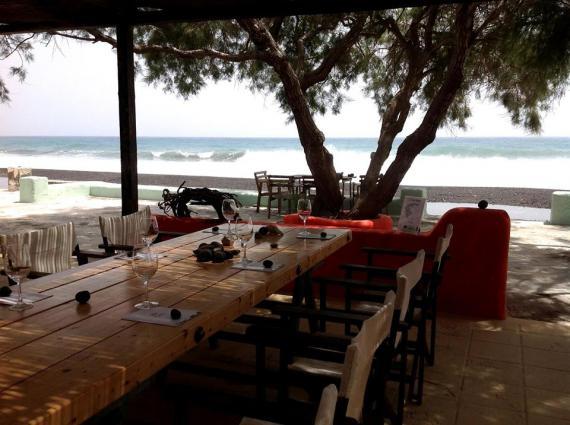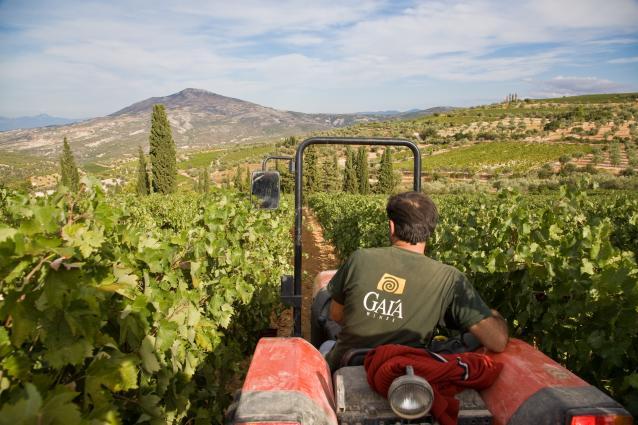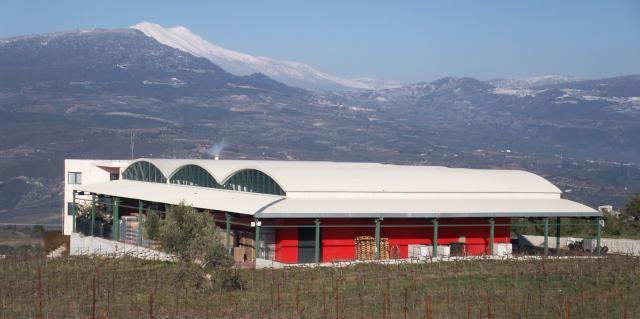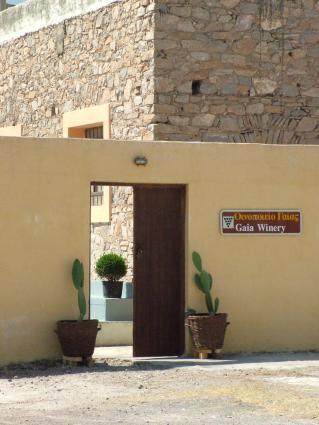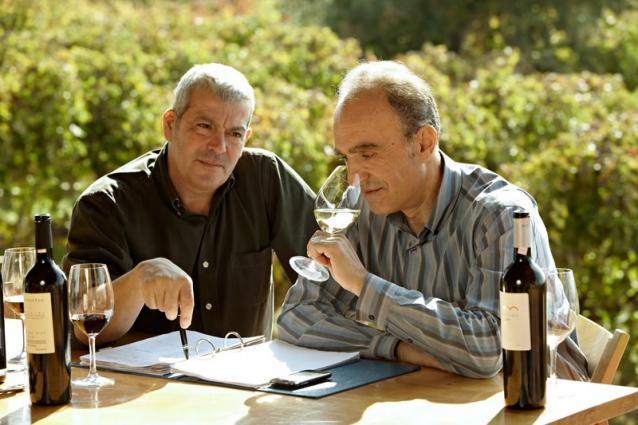GAI'A
Thalassitis
GAI'A
Thalassitis
One of the pioneers of the modern Greek wine revolution, Gai’a Estate (pronounced Yay-ya) was established in 1994 by Leon Karatsalos and winemaker Yiannis Paraskevopoulos. Their mission was to capture the best that Greece’s indigenous grapes have to offer by merging traditional viticultural and production methods with innovative techniques. The estate is named after “Mother Earth,” in honor of the unique terroir that gives birth to these world-class wines.
Wine Production
The hand-harvested grapes are chilled down to 40°F, then destemmed and pressed. The must undergoes a chilled maceration with the skins (50°F) for 12 hours, in order to extract as much of the varietal’s aromas as possible. The temperature is regulated during fermentation (between 60-62°), and the must is inoculated with select yeast strains. No malolactic fermentation is required.
Tasting Notes
The flagship white of the Gai’a portfolio, this wine is bone-dry with strong character: full-bodied, well-structured with crisp acidity, distinctive minerality and delicate honeysuckle aromas. This white wine will continue to evolve for 2-5 years, as the mineral notes soften the palate will develop more nuanced flavors of fruit and honey.
Food Pairing
A classic pairing for seafood, fatty fish, as well as poultry and even lamb stewed in lemon sauce.
One of the pioneers of the modern Greek wine revolution, Gai’a Estate (pronounced Yay-ya) was established in 1994 by Leon Karatsalos and winemaker Yiannis Paraskevopoulos. Their mission was to capture the best that Greece’s indigenous grapes have to offer by merging traditional viticultural and production methods with innovative techniques. The estate is named after “Mother Earth,” in honor of the unique terroir that gives birth to these world-class wines.
Wine Production
The hand-harvested grapes are chilled down to 40°F, then destemmed and pressed. The must undergoes a chilled maceration with the skins (50°F) for 12 hours, in order to extract as much of the varietal’s aromas as possible. The temperature is regulated during fermentation (between 60-62°), and the must is inoculated with select yeast strains. No malolactic fermentation is required.
Tasting Notes
The flagship white of the Gai’a portfolio, this wine is bone-dry with strong character: full-bodied, well-structured with crisp acidity, distinctive minerality and delicate honeysuckle aromas. This white wine will continue to evolve for 2-5 years, as the mineral notes soften the palate will develop more nuanced flavors of fruit and honey.
Food Pairing
A classic pairing for seafood, fatty fish, as well as poultry and even lamb stewed in lemon sauce.
Brand Materials
Vineyard & Production Info
Winemaking & Aging
Analytical Data
About the Vineyard
The grapes for the Thalassitis (AKA "Originating from the Sea" in Greek) come from 70-80 year old vineyards located on the Southeastern slopes in Episkopi on the island of Santorini. The nutrient-poor, porous soils are composed largely of pumice; a uniquely harsh environment in which the native Assyrtiko is one of the few varietals that can thrive.
